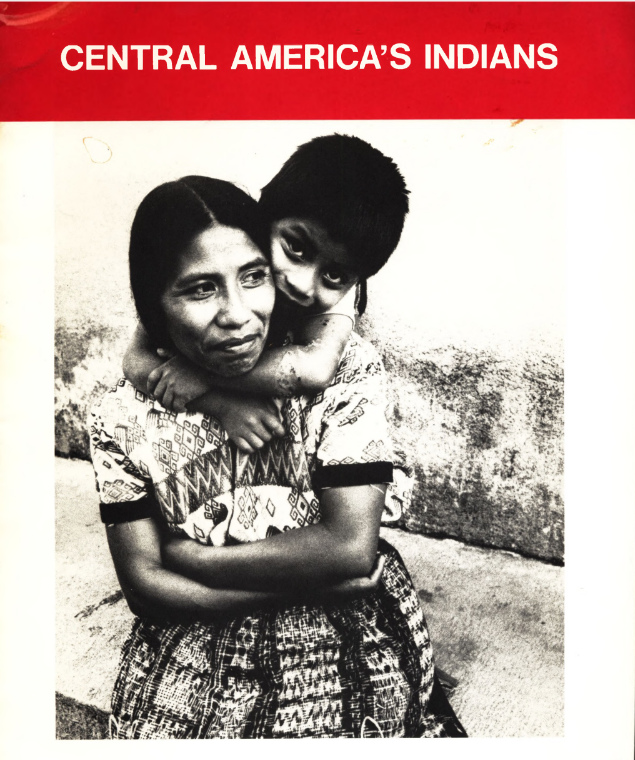Environment
Bermuda is located in the North Atlantic Ocean 1,450 kilometres northeast of the Bahamas and 975 kilometres off the coast of the United States. It comprises over 150 small islands, most of which are uninhabited.
History
European discovery of Bermuda in the early 1500s is attributed to a shipwrecked Spanish explorer, Juan de Bermudez, from whom the territory takes its name. No settlement was established until 1609 when British colonists arrived as the result of another shipwreck (now depicted on the Coat of Arms).
In 1615, the islands were passed to the Somers Isles Company. This charter was revoked in 1684 and Bermuda became a crown colony. Shortly thereafter British settlers began importing Africans to provide forced labour for tobacco plantations. Bermuda never became a successful agricultural colony. Instead there was much more success with shipbuilding, whaling, piracy and salt production. The salt operations became the largest in the world and remained the foundation of the economy for over a century.
After the American war of independence, Bermuda became the primary headquarters and dockyard in the Western Atlantic for the British Royal Navy.
Large-scale Portuguese immigration began in the 1840s, involving Portuguese labourers from the Madeira Islands and the Azores (See also Guyana, Trinidad, and Grenada)
At the close of the US Civil War groups of Americans from the Southern States moved to islands and during the Boer War in South Africa (1899–1902). Boer prisoners were exiled to Bermuda by the British government.
In the early 20th century, Bermuda became a popular destination for wealthy US, Canadian and British tourists. Bermuda became internally self-governing in 1968. During the 1970s there were serious racial tensions when the mainly black, pro-independence Progressive Labour Party was denied power, claiming gerrymandering.
The Progressive Labour Party continued to press for independence, while the more conservative multiracial United Bermuda Party, which won elections in 1993, favoured the retention of dependent status. A referendum in 1995 produced a 73 per cent vote against independence from Britain, but with a low turnout.
Governance
Bermuda is an overseas territory of the United Kingdom. Executive authority is invested in the British monarch and exercised on her behalf by a royally appointed Governor. The Head of Government is the Premier. There is a democratically elected 36 member Lower House. The Upper House comprises a Senate consisting of 11 members appointed by the Governor on the advice of the Premier and the Leader of the Opposition.
Bermuda’s highly developed economy is almost entirely based upon tourism and off-shore financial services, which have brought considerable prosperity to many Bermudans. Bermuda is regarded as a premier offshore business jurisdiction, with no direct taxes on personal or corporate income. At US$69,900 (2004) Bermuda has the highest per capita income in the world.
